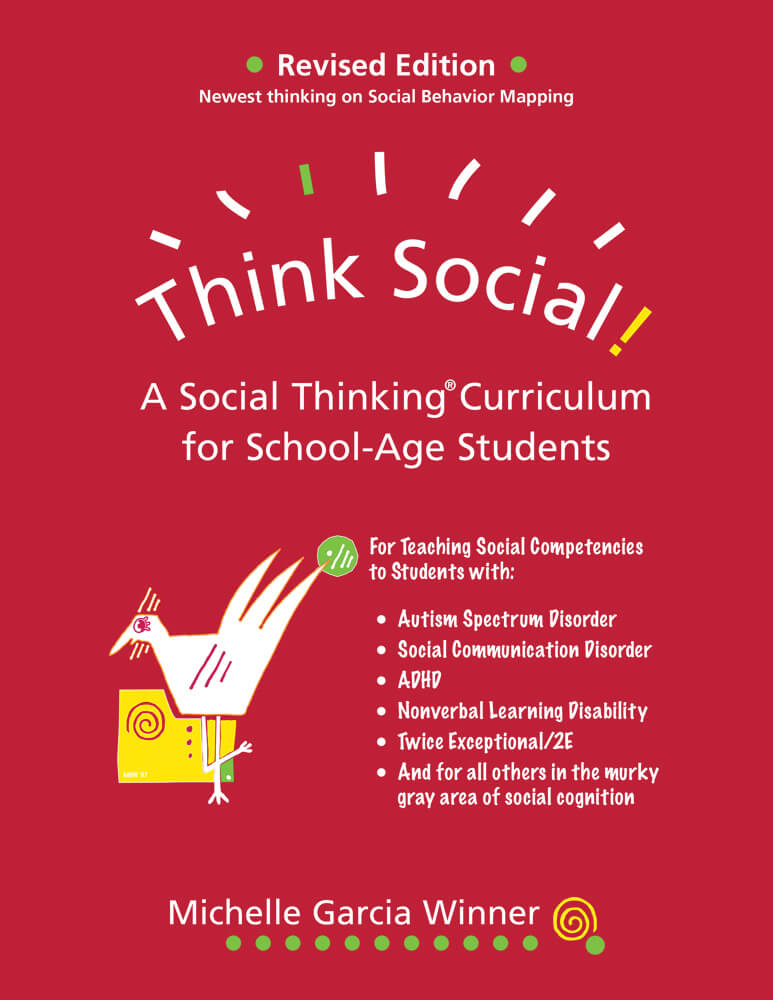Have you ever stopped to ponder why people behave the way they do? Why do certain social norms exist, and what makes us choose one path over another? These are the kinds of questions that drive the field of sociology, a discipline that seeks to understand the intricate patterns and forces shaping human interaction and society. Stepping into the realm of sociological thinking opens doors to deeper insights into ourselves, our communities, and the world at large.

Image: soci101.org
Understanding sociology is essential because it empowers us to critically analyze and navigate the complex social landscape we inhabit. It equips us with tools to understand societal trends, biases, and inequalities. More importantly, it encourages us to question assumptions and challenge the status quo, leading to a more informed and engaged citizenry. Through the lens of sociology, we can explore the diverse aspects of human behavior, from the intricacies of family dynamics to the global reach of social movements.
Exploring the Foundations: Key Sociological Concepts
1. The Social Construction of Reality
The very foundation of sociological thought rests on the idea that reality is not an objective, fixed entity, but rather a social construct. This means that our perceptions of the world, including our beliefs, values, norms, and behaviors, are shaped by our social experiences and the interactions we have with others. Take, for example, the concept of “gender.” While often perceived as a biological difference, sociologists argue that gender is a social construct, shaped by cultural norms, expectations, and power dynamics.
2. Social Institutions and Their Influence
Sociology delves into the workings of various social institutions, which are established patterns of behavior that govern key aspects of our lives. These institutions, such as family, education, religion, and the economy, provide frameworks for social interaction and influence individual behavior. For instance, the institution of education is not just about imparting knowledge, but also plays a critical role in shaping social values, fostering social mobility, and transmitting cultural norms.

Image: www.socialthinking.com
3. Social Stratification and Inequality
Inequality is a persistent feature of societies worldwide, and sociology helps us understand the complex systems that create and maintain these disparities. Social stratification refers to the hierarchical ranking of individuals based on factors such as wealth, social status, education, and occupation. Sociologists explore how these systems perpetuate inequality, examining issues like poverty, discrimination, and the unequal distribution of resources. The concept of “intersectionality,” which highlights the interplay of various social categories such as race, gender, and class, provides a powerful framework for analyzing how systems of oppression intersect and impact individuals’ lives.
The Power of Social Theories
Sociology employs various theoretical frameworks to analyze the social world. These theories offer different lenses through which to examine complex social phenomena and provide insights into the underlying causes of social patterns.
1. Functionalism: Harmony and Stability
Functionalist theory views society as a complex system where each part contributes to the overall stability and well-being of the whole. This perspective emphasizes how social institutions, like family, government, and education, work together to meet societal needs. According to functionalism, social problems arise when these institutions fail to function effectively, leading to social disharmony. For example, high rates of crime can be seen as a sign that the criminal justice system is not fulfilling its role in maintaining social order.
2. Conflict Theory: Power Struggles and Inequality
In contrast to functionalism, conflict theory emphasizes the inherent power struggles that exist within society. This theory suggests that social inequality is a result of competition for scarce resources, power, and prestige. Conflict theorists argue that those with more power and resources seek to maintain their dominance while those who are marginalized strive for greater equality. This perspective can provide insights into social movements, revolutions, and the ongoing struggles against discrimination and oppression.
3. Symbolic Interactionism: Meaning and Interpretation
Symbolic interactionism takes a different approach, focusing on the micro-level interactions between individuals. It emphasizes the shared meanings and interpretations that shape social behavior. This theory recognizes that individuals are not passive recipients of social norms but actively create and modify meaning through their interactions. For instance, a handshake can symbolize different things depending on the context, from a simple greeting to a gesture of respect or even a sign of agreement.
Applying Sociological Insight: Real-World Applications
1. Understanding Social Movements
Sociology provides essential tools for understanding the dynamics of social movements. By applying theoretical concepts and research methods, sociologists can analyze the causes, strategies, and outcomes of social movements aimed at challenging inequalities, promoting social change, and advocating for rights. The civil rights movement, women’s suffrage movement, and climate change activism are all examples of movements that have significantly shaped society by harnessing collective action and social solidarity.
2. Policy Analysis and Social Change
Sociological research plays a vital role in informing policy decisions and promoting social change. By providing data and analysis on social issues such as poverty, crime, education, and healthcare, sociologists help identify the causes of these problems and recommend effective interventions. Sociologists contribute to developing policies that address social inequality, improve access to resources, and promote social justice.
3. Shaping Public Discourse and Critical Thinking
Sociology encourages critical thinking and challenges us to question assumptions and consider alternative perspectives. It helps us to become more informed and engaged citizens, capable of analyzing the complexities of our world and advocating for positive change. By fostering a deeper understanding of social phenomena and their underlying causes, sociology promotes dialogue, empathy, and a more equitable society.
The Future of Sociology: Emerging Trends and Challenges
The field of sociology is constantly evolving, adapting to new challenges and incorporating fresh perspectives. Here are some key trends shaping the future of this discipline:
- Data-Driven Sociology: The increasing availability of big data presents opportunities for sociologists to conduct large-scale analyses and gain new insights into social trends. Tools like social media analytics and machine learning are transforming how sociologists collect and interpret data, furthering our understanding of social phenomena.
- The Rise of Digital Culture: The digital revolution has profoundly reshaped human interaction and social life. Sociologists are exploring the impact of social media on identity, social networks, and political engagement. They are also studying the emergence of new forms of social movements, communities, and identities in the digital realm.
- Globalization and Transnationalism: Globalization has interconnected societies and cultures in unprecedented ways. Sociologists are studying the challenges and opportunities arising from these interconnectedness, focusing on issues like migration, inequality, cultural exchange, and global governance.
- Environmental Sociology: The growing recognition of the environmental crisis has led to a surge in environmental sociology, which examines the relationship between human societies and the natural world. This field explores issues like climate change, environmental justice, and the social and cultural dimensions of sustainability.
Think Sociology
Conclusion
Thinking sociologically empowers us to see beyond the surface of everyday life and to understand the intricate forces shaping our world. It’s a field full of possibilities, challenging us to question assumptions, critically analyze social systems, and advocate for a more just and equitable society. As we navigate the complexities of the 21st century, sociology provides invaluable insights, helping us to understand the past, shape the present, and build a better future. So, embrace the sociological perspective, delve into the world of social interactions and systems, and become a more informed and engaged citizen.





